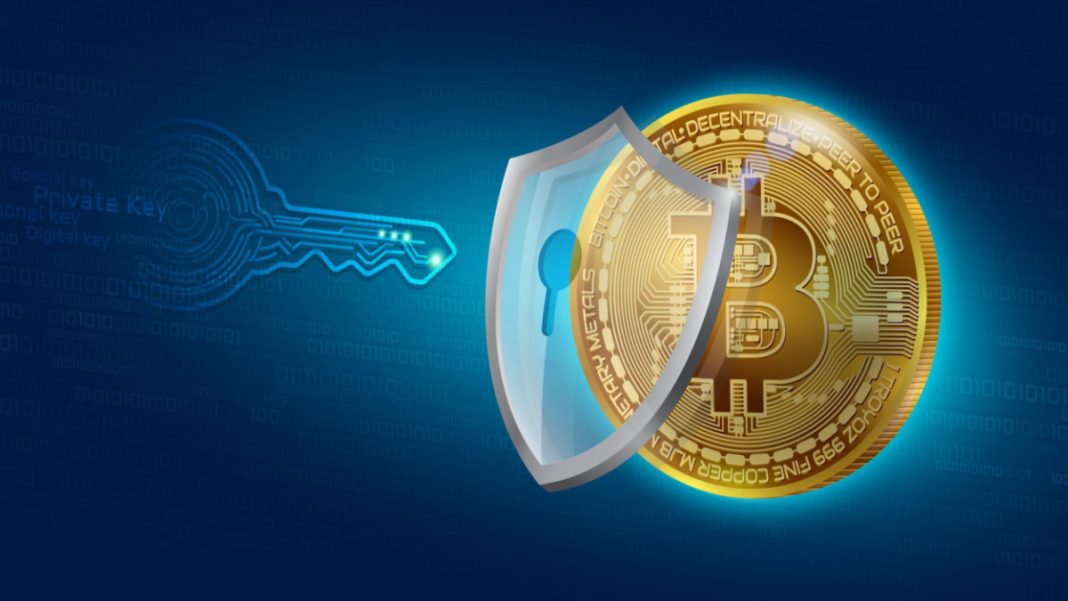When it comes to cryptocurrency and digital assets, consumer protection has been at the forefront of global policymakers’ minds ever since the collapse of FTX in November 2022.
Long-term sceptics of the crypto market would tell you that a collapse the magnitude of FTX was a long time coming, but what it told the rest of the world was that security measures need to be significantly bolstered before another multi-billion dollar loss occurs again.
There is a reason why debit and credit cards are still the dominant payment methods; they are heavily regulated and come with various KYC checks to ensure that no fraudulent activity can take place.
This is why crypto payments have yet to achieve full mainstream adoption, as the regulation pales in comparison to that of traditional finance.
“Until the FTX debacle became public knowledge, cryptocurrency was being touted not only as a safe investment but as a potential alternative to credit cards for widespread consumer use,” said Monica Eaton, Founder of Chargebacks911.
“In order for a payment method between a buyer and seller to scale and grow, the buyer must have some level of security and consumer protection. That’s the biggest competitive advantage credit cards have, and it’s the reason that when people buy online, they predominantly do it with a card.”
Whilst chargebacks are often associated with refunds, they tend to better protect the recipient of a fraud attack and if this can be harnessed through blockchain technology, it could rapidly enhance the speed of recovery.
Eaton believes that the crypto market would massively benefit from a chargeback system in place to better protect investors in a sector that has seen an uptick in fraud attacks in recent years.
She continued: “While cryptocurrencies reduce the risk of identity theft, chargebacks offer protections that extend well beyond this singled-out issue.
“Chargeback rights protect consumers when they’ve been swindled by a deceptive merchant when they receive a product that is not as advertised or is not received at all, or for a number of other legitimate reasons.
“As we’ve seen with investors who have lost money through the FTX debacle, crypto desperately needs to evolve to adopt a chargeback mechanism to protect consumers should they be treated unfairly.”
There have been increasing calls from world leaders and governments to begin the process of formally regulating domestic crypto markets as it appears the sector has grown to the point where it cannot be ignored.
However, despite its meteoric rise over the last decade, it is still largely unregulated in a large majority of countries and therefore, tentative regulations are set in place for companies to abide by. But not all abide by them.
Still in its relative infancy, and with more room to grow if the right parameters are installed, Eaton capped off her thoughts by affirming that if digital asset companies are aiming to achieve worldwide adoption, “they must scale their consumer protections”.
“If digital asset companies and financial institutions have any ambition to grow crypto into an everyday commodity, they must scale their consumer protections and dispute management capabilities.”























